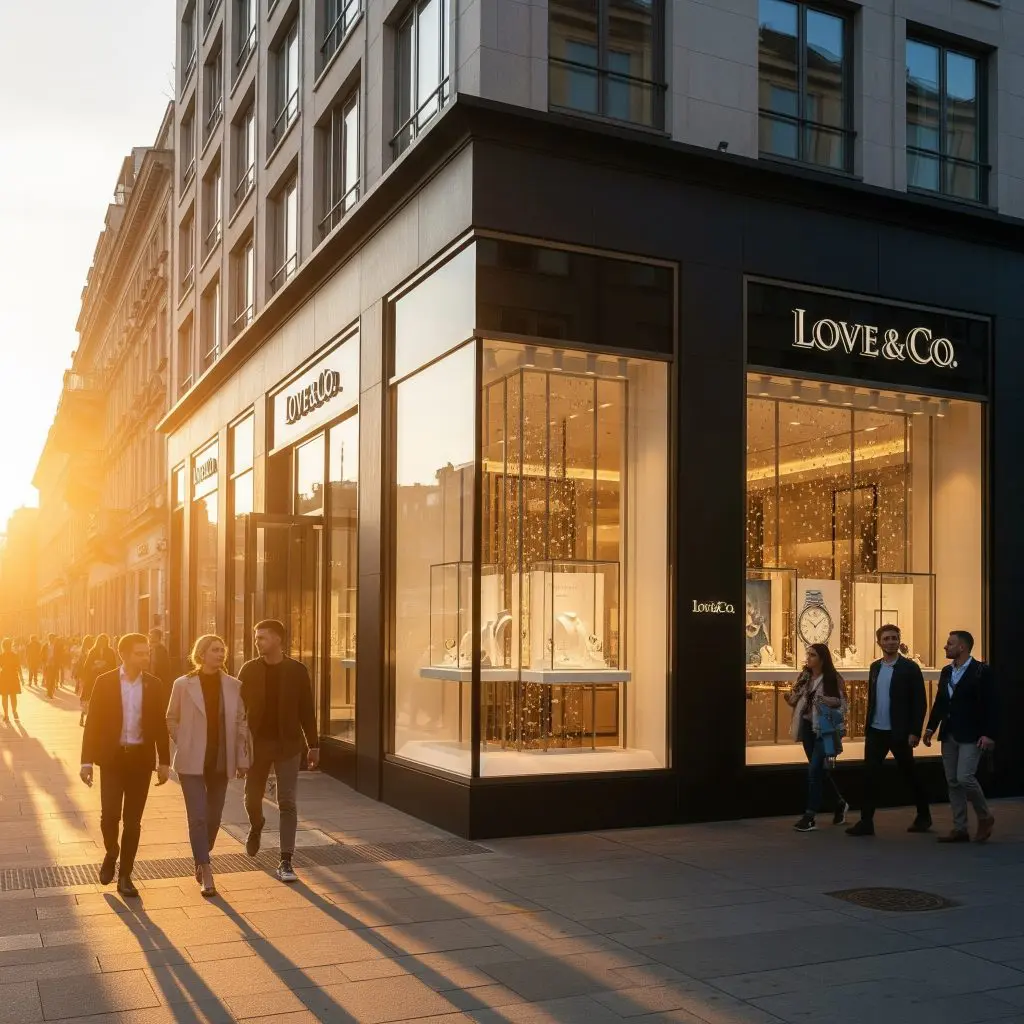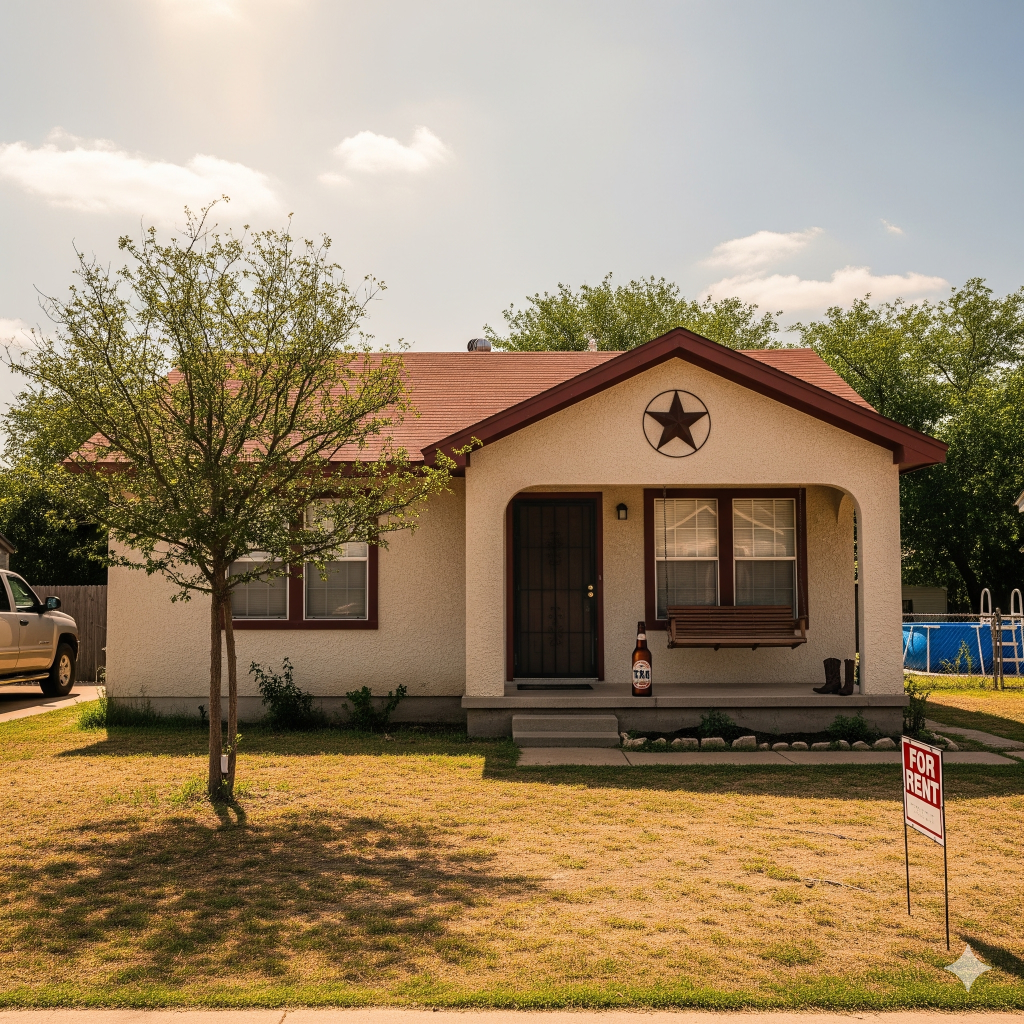Introduction
- New York Real Estate Market Outlook 2025
- Why DSCR Loans Are Game-Changers for NY Multi-Family Investors
- Target Markets: Best New York Cities & Zip Codes for Multi-Family Properties
- Current DSCR Loan Terms and Interest Rates in New York (2025)
- Step-by-Step: Applying for a New York DSCR Loan
- Local DSCR Lender Recommendations (New York – 2025)
- Cash Flow and DSCR Calculation Example (NY Multi-Family)
- DSCR Loan Qualification Requirements
- Conclusion
New York’s dynamic real estate market in 2025 offers unique opportunities for investors, especially those targeting multi-family properties (2-4 units). As traditional lending tightens and investors seek flexibility, DSCR loans are becoming an essential tool to unlock new acquisitions across growing NY neighborhoods. This comprehensive guide explores the current market outlook, DSCR loan advantages, calculations, local opportunities, and best practices—empowering New York investors to maximize returns without personal income verification.

New York Real Estate Market Outlook 2025
In 2025, New York’s property market continues to thrive, with surging demand for residential rentals in both urban and suburban hotspots. Key drivers include ongoing migration trends, a resilient job market, and a strong rental appetite from both residents and newcomers. According to NYC Real Estate Board data, average multi-family property values in emerging boroughs rose 6.2% year-over-year, with rents increasing by 4.8% in high-demand zones. Areas like Buffalo (14216), Rochester (14609), Albany (12203), and key upstate metros offer investors robust cash flow potential and relative affordability compared to New York City’s premium pricing.
Need capital? GHC Funding offers flexible funding solutions to support your business growth or real estate projects. Discover fast, reliable financing options today!
Test Your Expertise: The Complexities of the 1031 Exchange

As a sophisticated real estate investor, you understand that the 1031 Exchange is a cornerstone strategy for tax deferral and wealth accumulation. But beyond the basics, the intricacies of the 1031 Exchange rules can pose significant challenges. This quiz is designed to test your in-depth knowledge and highlight critical nuances that separate casual investors from true experts in 1031 Exchange transactions.
Instructions: Choose the best answer for each question.
⚡ Key Flexible Funding Options
GHC Funding everages financing types that prioritize asset value and cash flow over lengthy financial history checks:
-
Bridge Loans: These are short-term loans used to "bridge the gap" between an immediate need for capital and securing permanent financing (like a traditional loan or sale). They are known for fast closing and are often asset-collateralized, making them ideal for time-sensitive real estate acquisitions or value-add projects.
-
DSCR Loans (Debt Service Coverage Ratio): Primarily for real estate investors, these loans are underwritten based on the property's rental income vs. debt obligation ($\text{DSCR} = \text{Net Operating Income} / \text{Total Debt Service}$), not the borrower's personal income or tax returns. This offers flexibility for those with complex finances.
-
SBA Loans: The Small Business Administration (SBA) guarantees loans offered by partner lenders. While providing excellent terms (long repayment, lower rates), the application process is typically slower than private/bridge funding, often making them less suitable for immediate needs. SBA eligibility heavily relies on the DSCR metric for repayment assessment.
🌐 Learn More
For details on GHC Funding's specific products and to start an application, please visit their homepage:
The Ultimate DSCR Loan for Rental Property Quiz

Are you looking to expand your real estate investment portfolio? A DSCR loan might be the perfect tool to help you achieve your goals without relying on traditional income documentation. Test your knowledge with this quiz to see if you're ready to master the intricacies of a DSCR loan for rental property.
Why DSCR Loans Are Game-Changers for NY Multi-Family Investors
- No Personal Income Verification: Unlike conventional loans, DSCR (Debt Service Coverage Ratio) mortgages prioritize your property’s earning potential over W2s or tax returns. Perfect for full-time investors, self-employed, or those with complex income streams.
- Cash Flow-Based Qualification: Approval hinges on how much your property generates versus its debt service—streamlining the process and making it easier to scale portfolios faster.
- Flexible Acquisition Across Property Types: DSCR loans fit single-family, multi-family (2-4 units), and select commercial assets—but are especially effective for multi-unit investors navigating NY’s 2025 market.
- Investment-Only Focus: Designed specifically for non-owner occupied investment real estate (no primary residence restriction).
Target Markets: Best New York Cities & Zip Codes for Multi-Family Properties
- Buffalo (14216, 14213, 14207): Steady population growth, strong rental demand, and affordable multi-unit inventory.
- Rochester (14609, 14620): High rental yields driven by local universities and a growing tech workforce.
- Albany (12203, 12210): State capital status fuels a consistent tenant pool and government-supported stability.
- Syracuse (13210): Investor-friendly price points with high occupancy in popular student and young professional neighborhoods.
- Yonkers (10701): Proximity to New York City perks plus comparatively lower entry costs.
Current DSCR Loan Terms and Interest Rates in New York (2025)
As of early 2025, DSCR loan interest rates in New York for multi-family (2-4 unit) properties generally range from 7.25% to 8.5% for 30-year fixed programs, or as low as 6.9% for ARMs (5/1, 7/1). Typical features include:
- Loan-to-Value (LTV): Up to 80%
- Minimum DSCR: 1.00–1.25 depending on lender/program
- Loan Amount: $100,000 to $2.5 million+ (higher for experienced investors)
- Prepayment Penalties: Commonly 3-5 years (step-down schedules)
- Transaction Speed: Closings in as little as 2-3 weeks
Step-by-Step: Applying for a New York DSCR Loan
- Property Identification: Find the right multi-family property in a promising NY zip code. Gather rent rolls and expense history.
- Pre-Qualification: Contact DSCR-focused lenders; discuss your strategy and property details. Get pre-screened based on projected cash flow.
- DSCR Calculation Submission: Lenders require lease/rent roll, appraisal, and T12 (trailing 12 months) expenses. DSCR is calculated as Net Operating Income (NOI) / Annual Debt Service.
- Provide Documentation: Typically, only property documents—not tax returns or personal income statements—are required.
- Appraisal & Underwriting: Lender orders appraisal; verifies rent, occupancy, and compares with market benchmarks. Underwriting is streamlined compared to traditional loans.
- Loan Approval & Closing: Review and sign loan commitment and closing docs. Typical time frame: 2–4 weeks from application.
Local DSCR Lender Recommendations (New York – 2025)
- LendingOne – Competitive rates, deep experience in NY multi-family markets
- Kiavi – Fast closing, strong support for newer investors in upstate cities
- CoreVest – Portfolio DSCR loans and bulk acquisition lending
- Local Credit Unions – Certain NY-based credit unions now offer custom DSCR programs for members
Always compare lenders for rates, fees, customer service, and their comfort with your specific NY investment market.
Cash Flow and DSCR Calculation Example (NY Multi-Family)
✅ Small Business Resources
-
SBA – Small Business Administration
https://www.sba.gov - SCORE Mentors (Free Mentoring & Workshops)
https://www.score.org - Small Business Development Centers (SBDC)
https://americassbdc.org
Are You an SBA Real Estate Loan Expert?

Test your in-depth knowledge on using SBA Loans for owner-occupied commercial Real Estate acquisition. These questions delve into the critical details that can impact your business's growth and financial strategy.
Suppose you purchase a duplex in Buffalo (14216) with:
- Gross Scheduled Rent: $2,900/month ($34,800/year)
- Operating Expenses: $13,800/year
- Net Operating Income (NOI): $21,000/year
- Annual Debt Service (Mortgage Payment): $16,800
✅ Real Estate Investor Resources
-
AirDNA (Short-Term Rental Data)
https://www.airdna.co - Rentometer (Rent Comps)
https://www.rentometer.com - Zillow Research & Data
https://www.zillow.com/research
DSCR Loan IQ Quiz!

Test your knowledge of Debt Service Coverage Ratio (DSCR) loans!
DSCR = $21,000 / $16,800 = 1.25. This meets/exceeds most lender requirements, qualifying you for top-tier rates.
DSCR Loan Qualification Requirements
- Property Cash Flow: DSCR ≥ 1.00 (some lenders require 1.15-1.25 for best rates)
- Credit Score: 660+ (typically; some allow lower with compensating factors)
- Down Payment: 20-25% minimum (lower LTV = better rates/terms)
- Experience: Novice or experienced investors can qualify; more experience may open higher loan limits
- Loan Purpose: Purchase, cash-out or rate/term refinance on non-owner-occupied multi-family property
Conclusion
New York’s evolving 2025 rental market is fertile ground for multi-family property investors. DSCR loans grant the power to qualify on property performance—not personal income—enabling both new and seasoned NY investors to acquire and scale portfolios efficiently. By targeting the right markets such as Buffalo, Rochester, Albany, and Yonkers, and leveraging progressive lenders, you can maximize cash flow and navigate market shifts confidently. If you’re planning your next NY investment, a DSCR loan could be your strategic advantage for the year ahead.
Get a No Obligation Quote Today.



